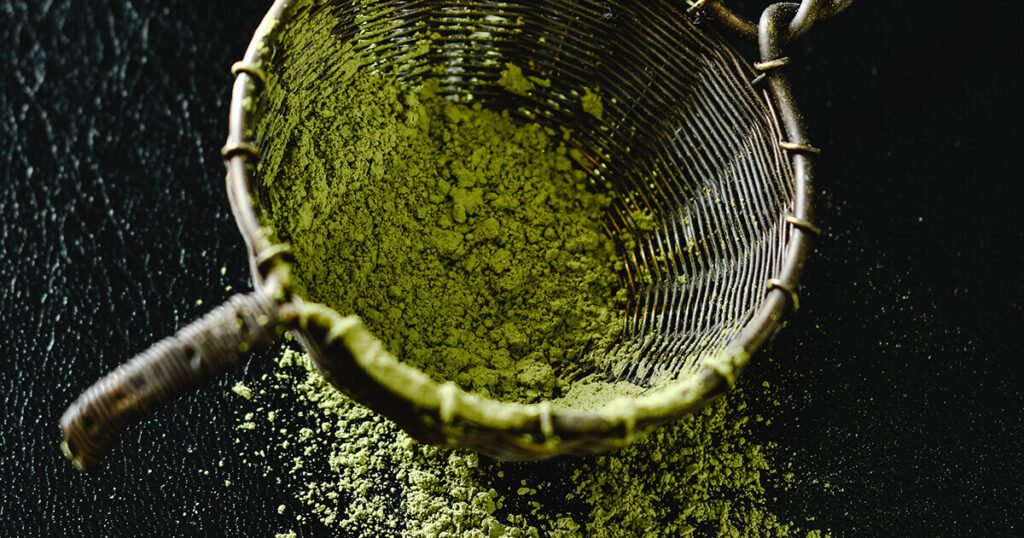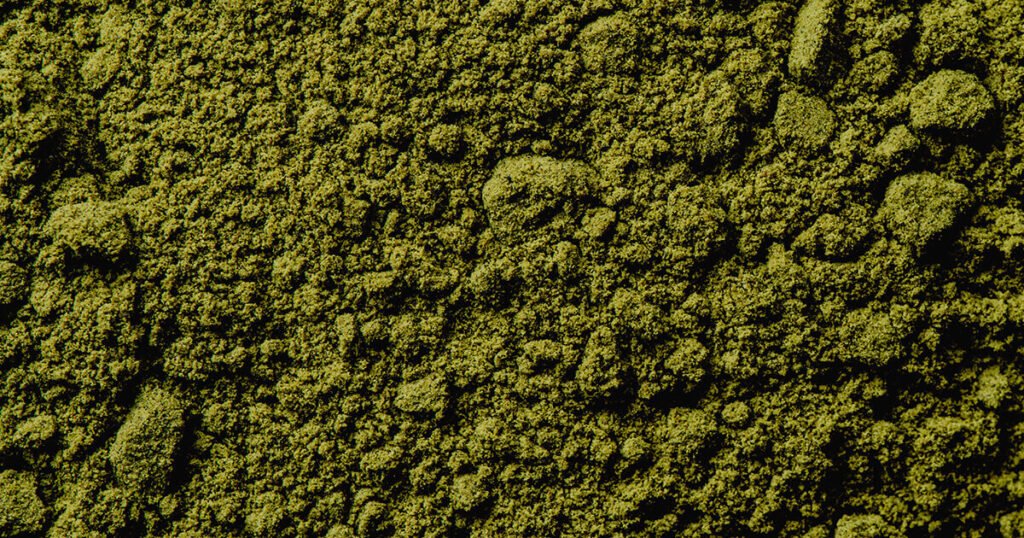Hemp protein comes from the cannabis plant and is an excellent source of plant-based protein. It doesn’t contain any THC, the psychoactive compound found in marijuana. It’s a very sustainable plant that can grow in a variety of climates, and the different parts of the plant can be used in many ways.
Industrial hemp is considered to be the first and most important plant ever grown by man. It is easy to grow, nurtures the soil on which it grows, and is naturally very resistant.
History shows that hemp seeds as a food source go back thousands of years. Hemp was an important source of protein in the Mediterranean and Egypt for many centuries B.C.
Hemp protein can become a great staple in your diet. There are two ways you can eat hemp seeds: with the shells removed or as a powder made from ground-up seeds. Both ways provide a great source of nutrition and many health benefits.
Now, let’s start the protein story

For many, the first association is with protein – gym, muscle, bodybuilding, so many give up the idea of getting to know the benefits it offers.
The word protein comes from the Greek word “protos” (πρῶτος), which means “first”. Proteins are organic compounds called polyamides – essential elements necessary for the growth and renewal of the structure of all parts of the body.
Get to know the protein
The cycle of proteins in our body – proteins are constantly synthesized and released in our body. After a meal, proteins are broken down into amino acids during digestion, which is then absorbed into the body and help produce various types of proteins. Adequate daily protein intake ensures a smooth protein cycle.
How is hemp protein obtained?
Hemp protein is obtained from industrial hemp grains by cold pressing of grains. After pressing, hemp bread was obtained as a by-product. It is further sieved several times. Further sieving with high granulation removes larger particles of hemp seed membranes, which leaves more particles rich in proteins that are inside the grain (hemp heart). Thus, pure hemp protein powder was obtained.
By cold pressing the oil from the seeds, some fats still remain in the hemp cake. Unlike a typical diet, which usually contains a very unbalanced ratio of omega fatty acids, hemp protein powder has an ideal ratio (3: 1) of omega fatty acids (omega 6 and omega 3) for humans and is of great importance for heart health.
What does hemp protein consist of?

Hemp protein contains all 21 known amino acids, including 10 essential amino acids (8 for adults + 2 additional ones that are considered essential for children and the elderly), which our body cannot produce on its own.
High-quality hemp proteins in 30g contain:
• 120 calories
• 10 grams of carbohydrates
• 11 grams of protein
• 2.8 grams of fat
• 6 grams of fiber
What does hemp protein taste like?
Completely pure hemp protein has a vegetable taste, more precisely a nutty taste, but at the same time, it is neutral.
It is usually found as an additive in smoothies, with water, milk, or yogurt. It is also added to soups, healthy cakes, bread. You can add protein to all the healthy dishes you like to prepare and eat. It will enrich both the taste and the nutritional value of the food.
Vegans and vegetarians
Hemp protein is the best alternative to animal protein. It doesn’t cause allergies, it is rich in amino acids and other nutrients, beneficial for those who are on a plant-based diet.
Hemp protein does not contain gluten and is a vegan product. In the vegan diet, it is added to almond milk, coconut, or juices.
Protein will enable gaining and strengthening muscle mass with proper use and regular exercise.
Some users are confused about its plant origin. But experts and experienced athletes assure that there is no fear and that this protein provides your body with sufficient amounts of necessary ingredients to increase muscle mass.
Why should I use hemp protein?
- Good for diabetics
- Helps lower cholesterol
- Suitable for vegetarians
- Provides hormonal balance
- Maintain brain function
- Good for your skin
- Prevents the appearance of psoriasis
- Strengthens immunity
- Helps prevent demyelination of the nervous system
- Helps prevent varicose veins
- Lower your risk of cardiovascular disease
Benefits
Researchers have found that about 91-98% of hemp protein is digestible. This means that our body can use almost any amino acid found in hemp protein.
Magnesium activates B vitamins, mineralizes bones, and stimulates the absorption of potassium and calcium.
Phosphorus stimulates bone development, growth, and tissue regeneration.
Zinc stimulates the immune system, helps the metabolism of proteins, fats, and carbohydrates, and accelerates wound healing.
Potassium promotes heart health and body balance.
Calcium is responsible for bone development and normal heart function maintains healthy blood pressure and prevents clots from forming.
Manganese ensures the proper functioning of the brain and participates in the production of bone, tissue, and reproductive hormones.
Copper is crucial for brain development and intercellular communication.
Everything you wanted to know
What are the benefits of hemp protein?
They protect the heart, help to maintain lean body mass, and maintain brain function. Thanks to these essential fatty acids, one of the most important benefits of hemp protein are that it can help lower your risk of cardiovascular disease, cancer, high blood pressure, and high cholesterol.
Can hemp protein make you high?
The hemp plants that are permitted to grow these days are bred to have less than 0.3% THC, an amount so little that they have no psychoactive effect when ingested.
Read: hemp will NOT get you high. To make hemp protein, oil is extracted from hemp seeds and the remaining seed meal is processed into a powder.
Will hemp protein show on a drug test?
According to the research studies available, the answer to this is question is a resounding NO.
Regular consumption or use of commercially made hemp foods (such as seeds, cooking oil, cereals) or hemp products (lotions, shampoos, lip balms) will not show a positive result for THC on a drug test.
Is hemp protein better than whey protein?
Hemp is considered a complete protein. This means it has all 9 essential amino acids. Unlike whey protein, hemp does not have as high amounts of all essential amino acids, however, studies on amino acid amounts in hemp protein have shown similar composition as protein sources such as egg white and soy.
How much hemp protein should I take?
A typical serving of hemp protein powder is 30 grams, with about 15 grams of protein. Most people use one serving per day but some take as many as four servings per day, depending on their training level and the protein content of the rest of their diet.
Is hemp protein good for weight loss?
Hemp protein promoters claim that it boosts metabolism and helps people lose weight, burn fat, and build muscle. Some people who take hemp protein for weight loss say it helps them to feel more satisfied and less hungry and reduces their sugar cravings.
Is hemp protein good for the skin?
Hemp keeps you looking good!
It is a protein powerhouse that stimulates skin and hair growth, maintains bone health, regulates metabolism, and helps with brain function.
Hemp helps keep your blood sugar level, which is an important way to defy age and prevent disease.










